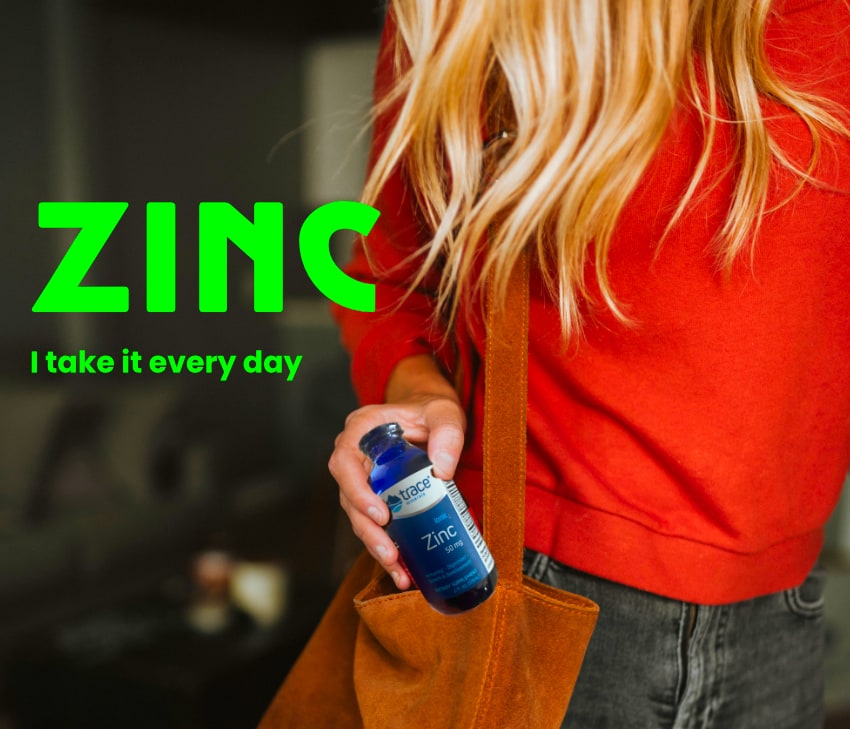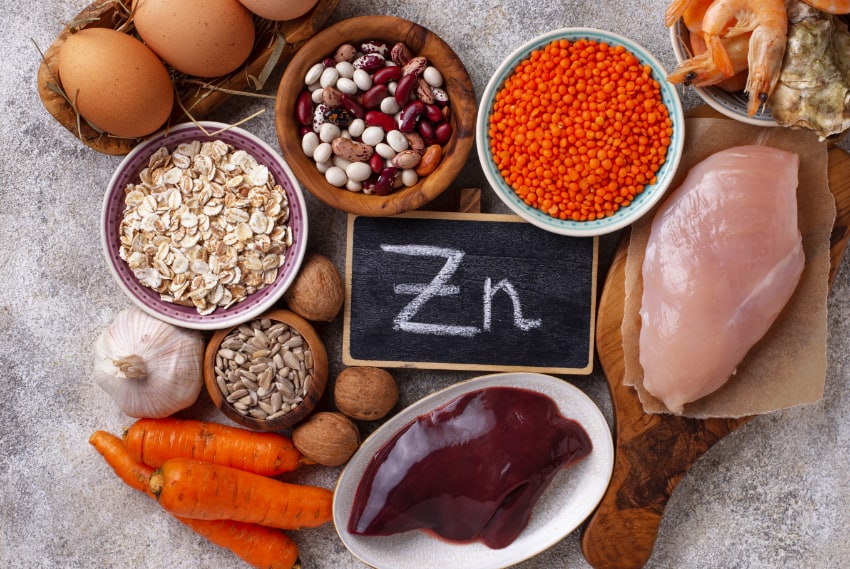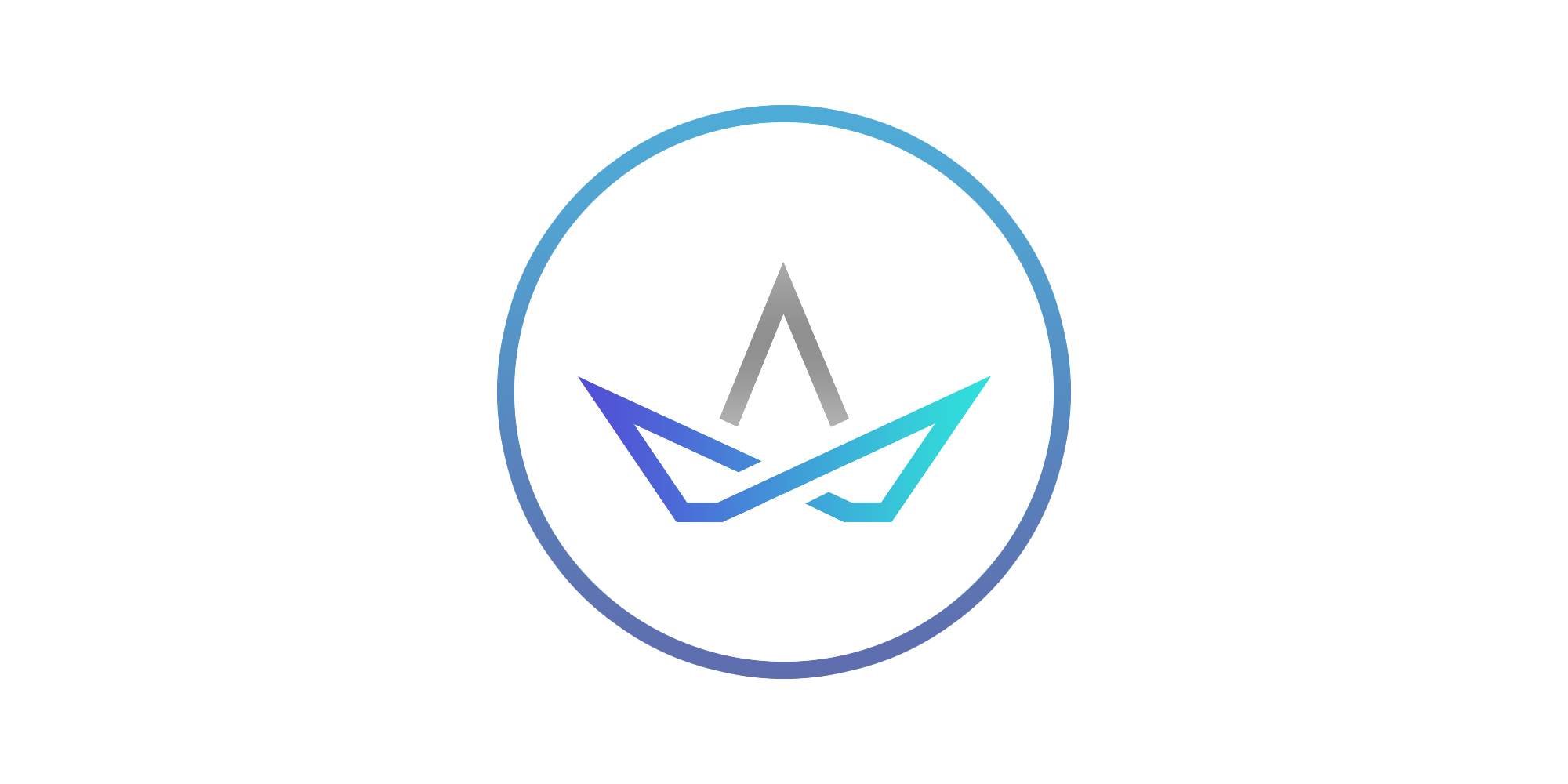
Do I ever have any fun?
Do I ever stop practicing what I preach?
Or am I constantly perched on this virtual altar spouting natural health gospel?
If you’ve been following my recent articles, you might think that I never stray from the healthy path.
But that couldn’t be further from the truth. You see, I follow the 80/20 rule: eat healthy and practice other wellness-forming habits 80% of the time and let yourself “cheat” a little the other 20% of the time. (Maybe it’s more like 85/15.)
Want to know my secret indulgences? Here’s a few of my occasional transgressions: French fries, wine, and chicken sandwiches.
I guess because of the pandemic, I haven’t let you, dear reader, see the human, relatable side of me, the side that’s just as prone to stress-eating temptation as you might be.
(The key to conquering snack food cravings: indulge in kale chips instead of regular chips. Eat almond flour crackers instead of white flour crackers.)
This blog has focused on different ways to stay healthy during these challenging times. That doesn’t mean, however, I don’t celebrate life by indulging in crap from time to time.
But I do stick to a healthy routine, including daily yoga/meditation and Organic Green Drink.
Sorry for the long-winded intro. I just needed to get the fact that I’m only human off my chest.
Now back to my regularly-scheduled next health spiel…
Why Zinc Is Important
All dietary minerals are important. But in 2020-2021, zinc just might be the most important. It’s received a lot of attention in research studies. That’s because zinc can help prevent viruses from replicating in cells. In order to become infected by a virus, the virus needs to first penetrate your cells and then start making copies of itself. Zinc is like anti-virus software that prevents your computer (the cells) from getting hacked.
There’s also one other function of zinc that’s very appropriate for the times. The mineral, which is the fourth-most abundant metal on Earth, is essential for maintaining your sense of smell.
I’m sure you’ve heard that one of the first tell-tale signs of COVID-19 infection is loss of smell. Could it be that zinc deficiency or suboptimal levels is to blame for infection? I found a research study from September of last year published in the International Journal of Infectious Disease that supports this theory. The researchers write in the conclusion of the study:
“The data clearly show that a significant number of COVID-19 patients were zinc deficient. These zinc deficient patients developed more complications, and the deficiency was associated with a prolonged hospital stay and increased mortality.”
Does reading that conclusion make you want to open a new browser and order a zinc supplement this instant? I don’t blame you. After all, if you want a balanced immune system, one that won’t go haywire and attack your organs should you God-forbid become infected, then you need to make sure you’re getting enough zinc.

Best Sources of Zinc
But getting enough zinc is just half the story. Absorbing it is another issue. Most Americans eat stuff with plenty of zinc, especially meat. A serving of ground beef contains about half of the recommended daily value (according to the FDA: men need 11 mg, women require 8 mg). Pork, seafood and chicken are also rich in zinc.
Animal protein, especially oysters, which contain the highest zinc content of any food (over 65 mg per 3.5 ounces!), are the best sources of zinc. So what’s a plant-based dieter to do? Fortunately, some of my favorite vegan treats like pumpkin seeds, cashews, and chickpeas are solid sources.
But both carnivores and vegans face an inconvenient truth about zinc. Because of both natural factors and man-made environmental concerns, we’re not absorbing enough zinc as we should.
Why We’re Zinc Deficient
What’s to blame for zinc malabsorption? Let’s start with an issue that affects vegetarians and vegans…
In nature, plants have developed ways to protect themselves from insects. Beans and lentils come from plants that have a coating that contains phytates. Phytates are anti-nutrients. That means that they interfere with mineral absorption.
As the song goes, “Beans, beans they’re good for your heart,” but the more you eat of them, without soaking them, the less zinc your body will absorb. So if you’re buying beans or lentils in a can from the supermarket, soak them overnight in pure water to eliminate some of the phytates.
Recently, I wrote about glyphosate, the most heavily-sprayed chemical on food crops in the country. Glyphosate prevents plants from uptaking zinc and other minerals from the soil. Unfortunately, just about everything we eat contains glyphosate residue. The best way to minimize your exposure is by eating organic.

Conclusion
This weekend, I’ll probably kick back and enjoy a glass or two of wine. I might even get some carry out Thai (tastes amazing but lots of carbs) and partake in another as of yet to be determined indulgence. But I’m going to make sure I’m eating a ton of organic plants (and drinking them) to make sure my cells are supplied with enough zinc to keep my immune system balanced.
I’ll also be taking an ionic zinc supplement (liquid drops that the body absorbs much better than pills or capsules).